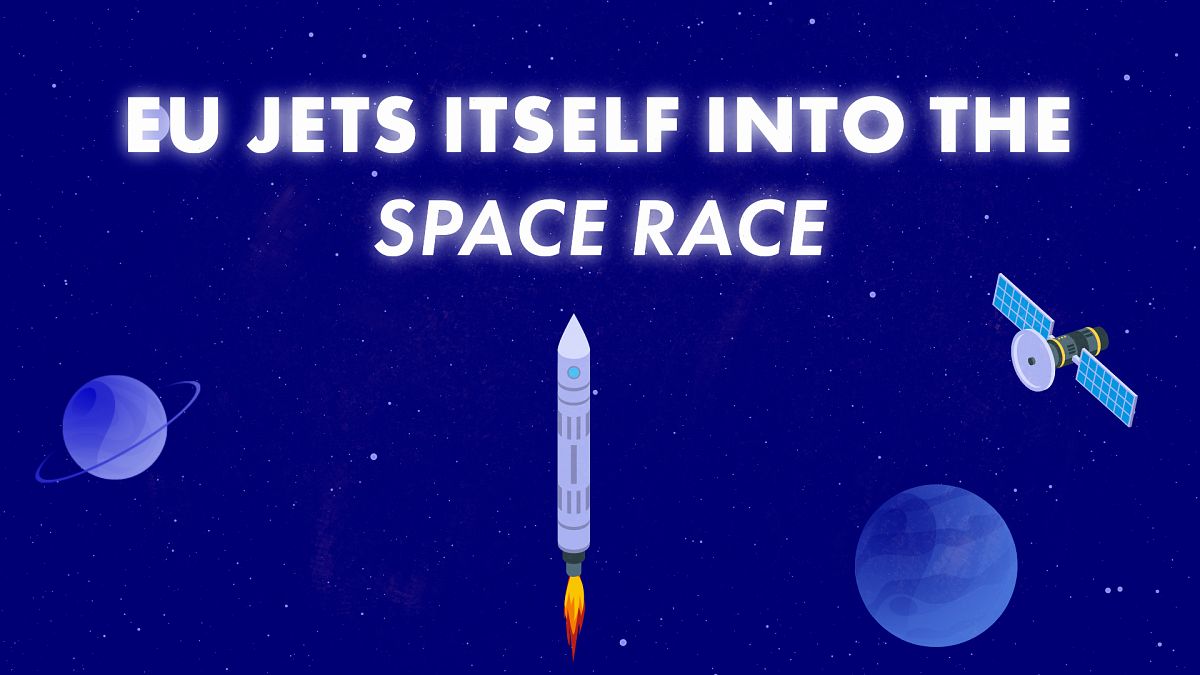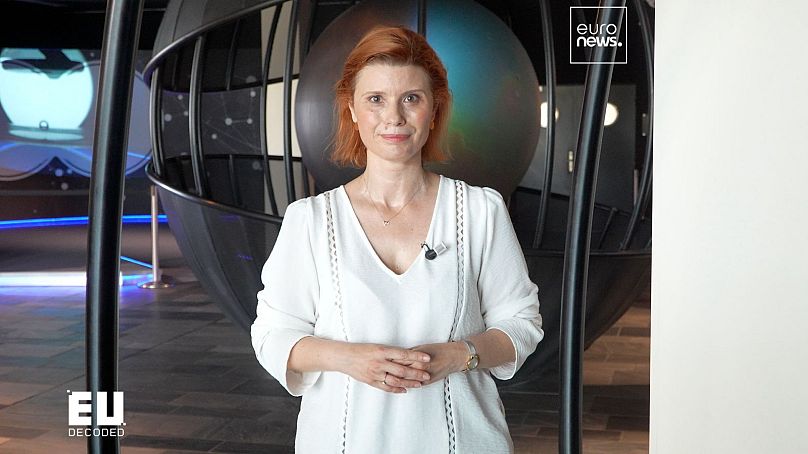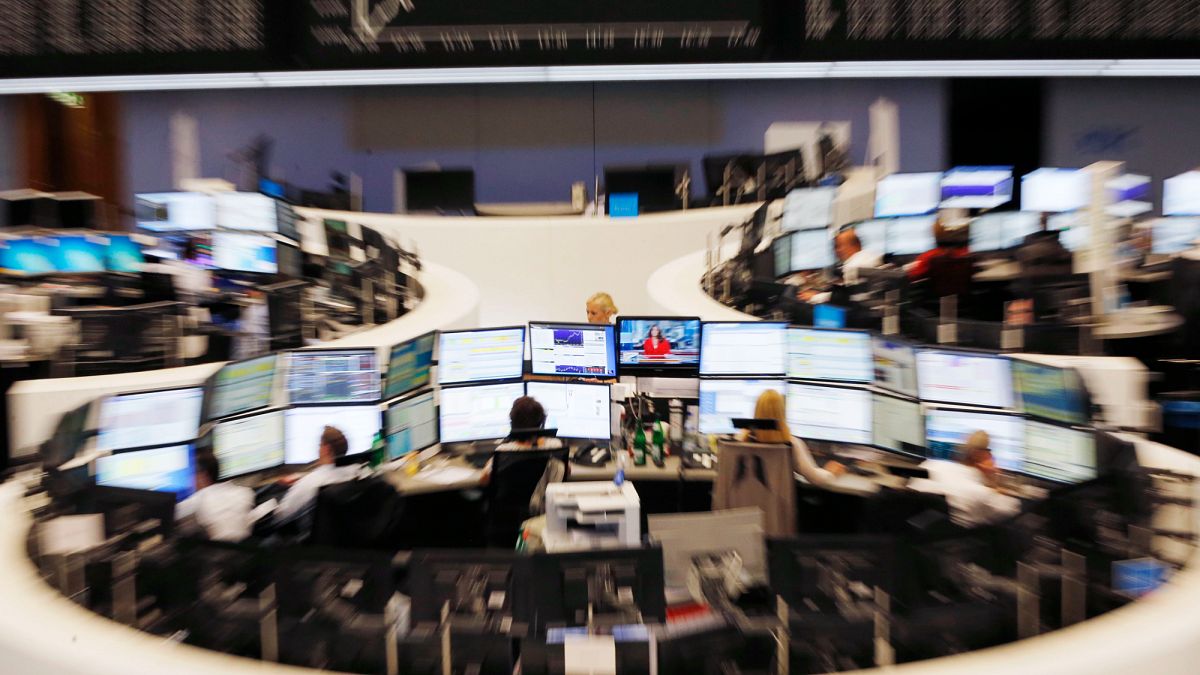Can the EU Rocket into the Space Race?

EU’s New Space Act: A Blueprint for Solar‑System Leadership
The Commission’s Vision
The European Commission has introduced the Space Act, a forward‑looking legal framework aimed at strengthening the EU’s foothold in the cosmos. The Act’s central goal is to boost the territory’s competitiveness in every segment of the space economy.
Core Objectives of the Legislation
- Amplifying research and development in propulsion and satellite technology
- Encouraging public‑private partnerships across member states
- Harmonizing regulatory standards for space activities
- Securing pooled funds for sustainable and cost‑effective missions
Funding Concerns and the Future of the Space Race
While the strategy unfolds, a key question lingers: does the EU possess the financial commitment necessary to claim the lead in the global space race?
Space Economy 2023 and Future Growth
The European Space Agency reports that the global space economy reached a market value of €572 billion in 2023. Projections indicate a dramatic expansion, with the sector poised to reach approximately €1.6 trillion within the next ten years.
Key Focus Areas of the New EU Space Act
- Launchers: Infrastructure to deliver mission-critical payloads.
- Satellites: Devices that underpin diverse services such as communications, navigation, weather forecasting and renewable‑energy management.
Funding Landscape: Europe vs. United States
Public and private investments reveal a pronounced gap between the two regions.
- Public Funding:
- EU: €12 billion
- US: €65 billion
- Private Investment:
- EU: €980 million
- US: €3.6 billion
These figures illustrate Europe’s current lag behind the United States in both governmental and venture capital spending within the space sector.

EU Space Funding: A Key Focus for the Upcoming Budget
During discussions about the future European Competitiveness Fund, the space sector is poised to secure additional resources.
Current Allocation and Future Needs
- Present Budget: Approximately €17 billion has been earmarked for space-related projects.
- Future Requirements: Experts assert that more funding is vital to maintain and improve existing systems.
Statements from European Commissioner for Defence and Space
- Andrius Kubilius: Emphasized the necessity for an increased financial injection, stating, “We need more to sustain current operations.”
- Industry Simplification: Stressed the importance of easing procedures for those engaged in the space industry, preparing them for the forthcoming technological shift.
Implications for the Space Sector
The push for expanded funds reflects a broader ambition: to streamline processes, enhance competitiveness, and ensure readiness for upcoming advancements in space technology.
 I’m ready to rewrite an English article for you, but I need the original text first. Could you please share the article you’d like me to transform?
I’m ready to rewrite an English article for you, but I need the original text first. Could you please share the article you’d like me to transform?
Security and defence in space
EU Space Act Sets New Standards for Orbital Safety
Key Objectives of the Legislation
The Space Act introduces a unified framework across the European Union, placing security and resilience at its core. Its primary purpose is to reduce risks such as satellite collisions, cyber intrusions, and hostile interference.
Scope of the Rules
- Existing Satellites: Over 11,000 spacecraft already deployed in orbit are now subject to the Act.
- Upcoming Missions: A projected 50,000 new satellites over the next ten years will also fall under these regulations.
- Space Debris: 128 million fragments orbiting Earth will be managed with stricter guidelines.
Why Space Is a New Frontier
According to Gregoire Lory of Euronews, “Space has become a contested arena. Cyberattacks and electronic jamming can cripple satellites or ground stations, potentially leading to service disruptions. The Act will enforce rigorous risk assessment protocols.”
Military Exemptions and Strategic Context
The law deliberately excludes military applications. Nevertheless, the European Space Strategy for Security and Defence has been in place since 2023, following Russia’s invasion of Ukraine. Its mandate includes protecting space assets, ground infrastructure, and data links, supplemented by coordinated space exercises.
Technological Initiatives
Commissioner Kubilius highlighted ongoing projects:
- Galileo – an advanced satellite navigation system.
- Copernicus – Earth observation satellites.
- IRIS2 – a secure satellite communication platform.
- Ariane 6 – the launch vehicle ensuring reliable transportation for space payloads.
He noted, “While these assets provide solid foundations, we must upgrade our capacities to meet future demands.”
Additional Resources
For a deeper dive into the Act’s implications, watch the accompanying video (content produced by Isabel Marques da Silva, Pilar Montero López, Zacharia Vigneron, Loredana Dumitru; edited by Ana Lázaro Bosch and Jeremy Fleming-Jones).





